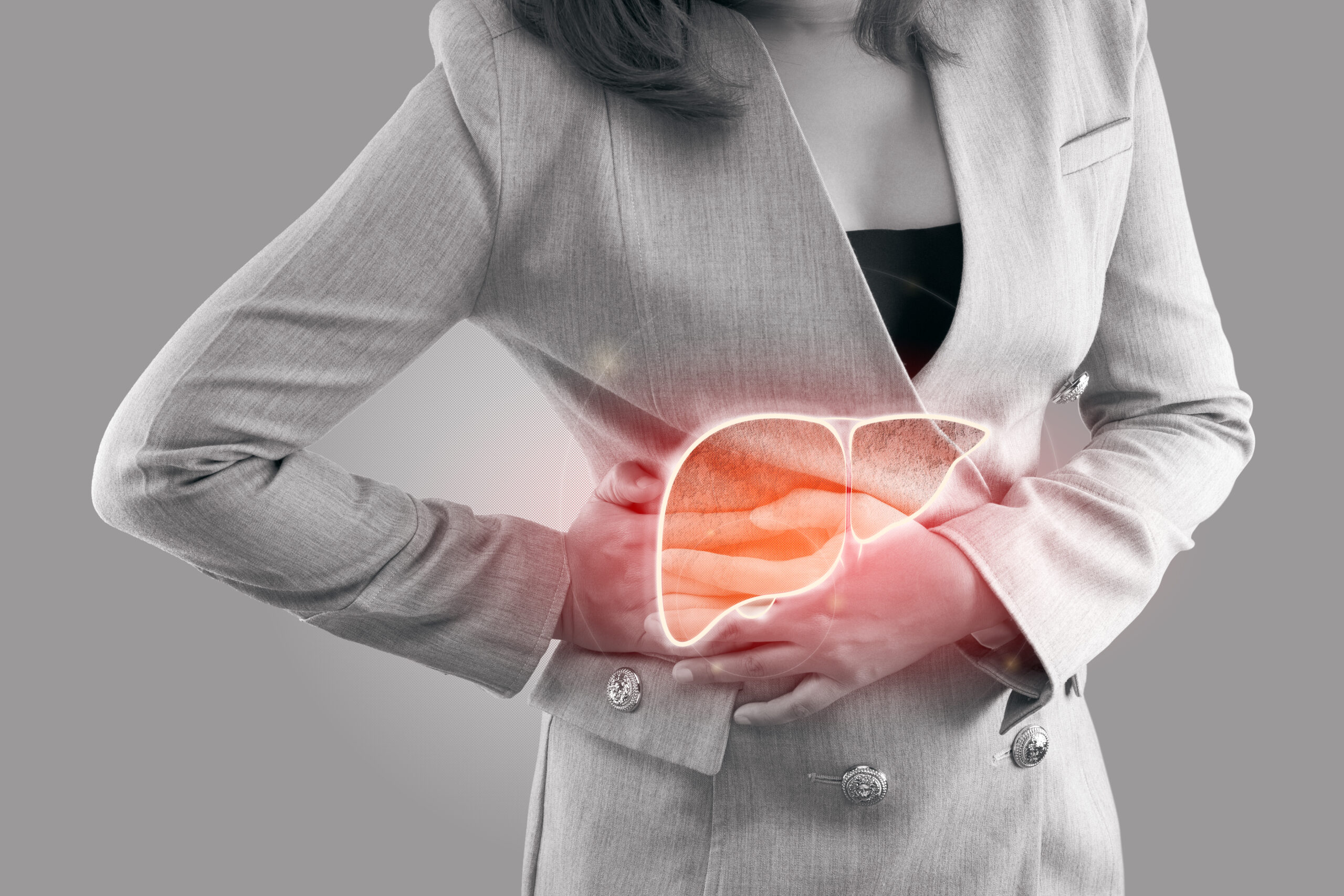A Comprehensive Guide
Fatty liver disease, a condition characterized by the accumulation of fat in liver cells, has become a prevalent health concern due to the modern sedentary lifestyle and poor dietary choices. However, the good news is that lifestyle changes, particularly changes in diet and daily habits, can significantly contribute to reversing fatty liver disease. In this comprehensive guide, we will explore actionable and detailed diet and lifestyle tips to help you combat this condition and pave the way toward a healthier liver and overall well-being.
Understanding Fatty Liver Disease:
Before diving into the tips, it’s crucial to grasp the basics of fatty liver disease. There are two main types: alcoholic fatty liver disease (AFLD) and non-alcoholic fatty liver disease (NAFLD). NAFLD, often linked to obesity and metabolic syndrome, is more common. The excess fat in the liver can lead to inflammation and scarring, progressing to more severe conditions like non-alcoholic steatohepatitis (NASH) and cirrhosis if left unaddressed.
Dietary Strategies:
- Embrace a Mediterranean Diet: This diet emphasizes the consumption of fruits, vegetables, whole grains, and healthy fats like olive oil. It also includes fatty fish such as salmon and mackerel, rich in omega-3 fatty acids, and known for their liver-protective properties.
- Limit Added Sugars and Processed Foods: Reducing the consumption of sugary beverages, candies, and processed foods high in refined carbohydrates is recommended. Opting for whole, unprocessed foods can minimize the intake of added sugars and artificial additives.
- Control Portion Sizes: Practicing mindful eating and being conscious of portion sizes can prevent overeating and excess calorie intake. Using smaller dinnerware, using your plate or bowl as a portion guide, and using your hands as a serving guide are some ways to measure and control portion sizes.
- Increase Fiber Intake: Choosing fiber-rich foods like whole grains, legumes, and vegetables can support digestion and promote a healthy gut microbiome.
- Moderate Protein Intake: Ensuring an adequate but not excessive intake of protein, focusing on lean sources like poultry, fish, tofu, and legumes is recommended.
Lifestyle Modifications:
- Regular Physical Activity: Engaging in regular exercise, aiming for at least 150 minutes (about 2 and a half hours) of moderate-intensity aerobic activity per week, can help reduce liver fat and improve insulin sensitivity. Incorporating strength training exercises to build muscle mass is also recommended.
- Weight Management: Gradual, sustainable weight loss is often beneficial for reducing liver fat. Aim for weight loss of 1-2 pounds per week through a combination of diet and exercise.
- Hydration is Key: Staying adequately hydrated can support liver function and aid in the elimination of toxins. Limiting alcohol intake or, ideally, abstaining completely, particularly if alcohol-related fatty liver disease is a concern, is also recommended.
- Prioritize Quality Sleep: Establishing a consistent sleep schedule, aiming for 7-9 hours of quality sleep each night is important. Poor sleep patterns have been linked to an increased risk of fatty liver disease.
Seek Professional Guidance:
Before embarking on any significant dietary or lifestyle changes, it’s crucial to consult with a healthcare professional, particularly if you have pre-existing health conditions. A personalized approach to managing fatty liver disease is essential, as individual responses to dietary and lifestyle interventions may vary.
Reversing fatty liver disease is a complex process that requires a comprehensive approach. This involves making dietary adjustments and lifestyle modifications that can help improve your liver health and overall well-being. It’s important to note that reversing fatty liver disease is a gradual process that requires patience and commitment. Small changes can yield significant results over time, so it’s important to approach this journey with a positive attitude and the guidance of healthcare professionals. Your liver, and indeed your entire body, will thank you for the investment in a healthier, happier life.

